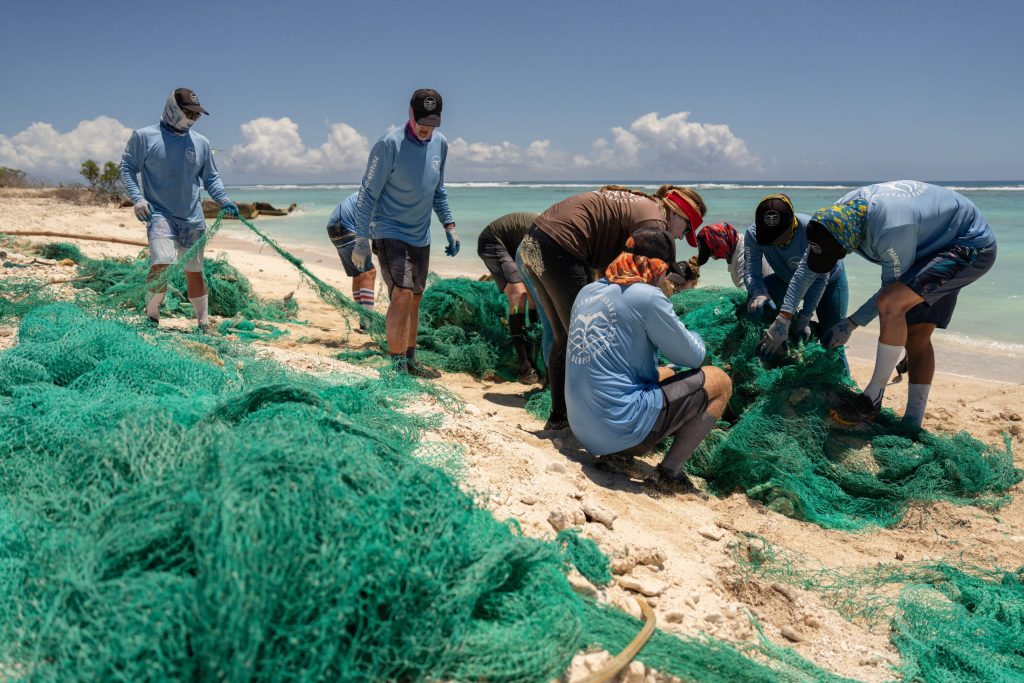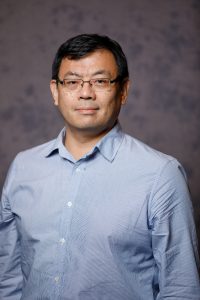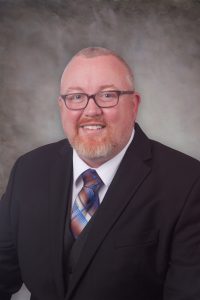TUSCALOOSA, Ala. – University of Alabama researchers have been awarded a $2.34 million federal grant to help prevent and remove marine debris along the Gulf Coast as part of President Biden’s Investing in America agenda, under the Bipartisan Infrastructure Law.


Dr. Mark Cheng, professor in UA’s College of Engineering and lead principal investigator, and Michael Fedoroff, director of the Alabama Water Institute’s CONSERVE Research Group and co-principal investigator, were chosen by the Department of Commerce and the National Oceanic and Atmospheric Administration to receive the funding as part of NOAA Sea Grant’s $27 million Marine Debris Challenge. The competition’s goal is to enhance technologies and methods for preventing and removing marine debris, and to convert innovative research into practical and actionable solutions.
“The acquired knowledge will assist communities in developing a mitigation strategy to prevent ecosystem contamination in the coastal region, which is one of the top priorities in the Gulf of Mexico,” said Cheng, an affiliated faculty member of AWI CONSERVE.
The project will develop a portable, cost-effective integrated system of microplastic filters and sensors. The system will be capable of instantaneous monitoring, capturing and removing micro- and nanoplastics from streams, water resources recovery facilities and coastal and oceanic environments.
Microplastics, which include microbeads, fragments and microfibers, are tiny plastic particles smaller than 5 millimeters. They have been detected globally, from wastewater and freshwater bodies, to drinking water and even in the seldom-traveled Arctic region. These particles pose significant ecological and health risks as humans and aquatic organisms ingest them.
The project will positively impact local communities by reducing microplastic contamination while saving both money and time. This is significantly important to local oyster farmers and Indigenous communities in Alabama and the greater Gulf region.
“We developed the high-throughput sensor to overcome the limitations of traditional labor-intensive microplastic sampling methods, providing near real-time results in the field to trace the source of microplastics,” said Cheng. “This allows us to capture and monitor the occurrence of micron-size marine debris in the environment more efficiently.”
The project encompasses three main activities. First, it will enhance microplastic sensors and filtration technologies for various applications. Second, it will validate the sensors for field use and develop software for data visualization. Finally, it will engage with potential user groups to conduct high-impact research and operations in marine microplastic removal.

“This type of research is exactly the type of community-based project our CONSERVE team promotes,” said Fedoroff. “The marriage of Dr. Cheng’s innovation with the CONSERVE community user group partnerships demonstrates a novel approach to research to operations in water quality science.”
Project collaborators include the Gulf of Mexico Alliance, Poarch Creek Band of Indians, the Alabama Wildlife Federation, the U.S. Fish and Wildlife Service, Geological Survey of Alabama, Dauphin Island Sea Lab, Dauphin Island Water and Sewer Authority, University of Connecticut, Coastal Carolina University, Mississippi State University, Mississippi-Alabama Sea Grant Consortium and South Carolina Sea Grant Consortium.
The expected outcomes of the project include the development of technologies to mitigate microplastic pollution, the establishment of a consortium to raise public awareness and the provision of evidence to inform policy and decision making. Overall, the project will benefit the general public, academic researchers, scientists within federal agencies, oyster farmers and wastewater treatment facilities.
Brock Parker, Communications Specialist, Alabama Water Institute, brockparker@ua.edu
The Alabama Water Institute (AWI) is one of The University of Alabama’s five research institutes. AWI acts as a forum for interdisciplinary research and education by bringing together university researchers, students, and staff to foster collaboration and a broad interdisciplinary focus on water issues that face our world today. AWI-affiliated researchers specialize in hydrologic and hydraulic modeling, water security and quality, remote sensing, biodiversity and watershed management, and human health through synergies with AWI research programs, including the NOAA Cooperative Institute for Research to Operations in Hydrology, the Global Water Security Center, and the CONSERVE Research Group.